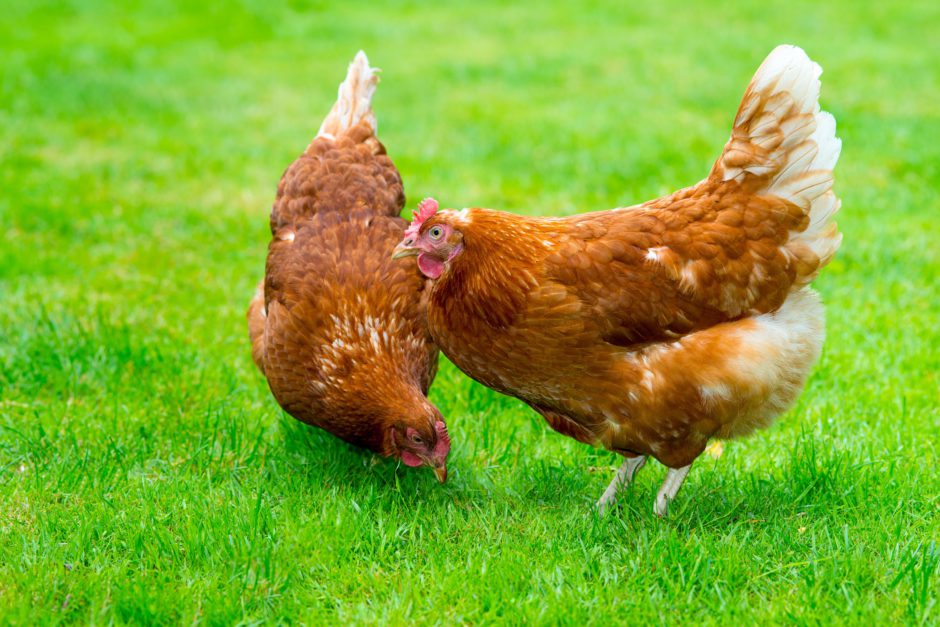Top Blogs of 2024 – Europe’s Need for Organic Ingredients for Poultry

Europe is the second-largest organic food market in the world, with retail sales worth over $40 billion each year. There are over 250,000 organic farms in Europe today.
A recent study of non-organic chicken products purchased from stores in five European countries found that 51% of samples were contaminated with bacteria resistant to one or more antibiotics.
As a result, German consumer organizations have urged consumers to purchase only organic chicken. Antibiotics are used in poultry farms to treat disease and to promote growth. Their use as growth promoters in animal feed was allowed in Europe until 2006. Since then, antibiotics should only be used for disease prevention or treatment. Since 2022, the prophylactic (preventive) use of antibiotics will be banned. Organic eggs already have a high market share in some European countries, such as Denmark, France, and Germany, where they account for 20-30 percent of the egg market.
Despite growth of around 15% a year, the market share of organic chicken meat remains very modest (3-4%) in most EU countries. Europeans meanwhile consume 24 kg (53 lbs) of poultry meat per person per year, with 16 million tons of poultry meat produced each year (22 million tons in USA.) Where are the organic soybeans to feed the organic layers and broilers?
Chemicals, including solvents, cannot be used to process organic soybeans, and therefore this soybean meal cannot be used to feed organic animals. The Insta-Pro process, which is 100% mechanical, is now widely used to process organic soybeans into organic meal and organic oil.
Traditional oilseed processing uses hexane, a solvent, to remove the oil. The meal is then heated to remove hexane residue and deactivate anti-nutritional factors like trypsin inhibitors. The problem is that amino acids, the building blocks that make up protein, are sensitive to heat. The heating process, called desolventizing-toasting, takes around 30 minutes, during which time a portion of the amino acids are damaged and rendered indigestible.
The Insta-Pro process is different. No steam, solvents or chemicals are used. The process is called ‘short-time high-temperature cooking’ because the seeds only stay in the extruder for 15-20 seconds. They are cooked at high temperature under high pressure. Amino acids are hardly impacted, allowing for higher digestibility than solvent-processed meal.



